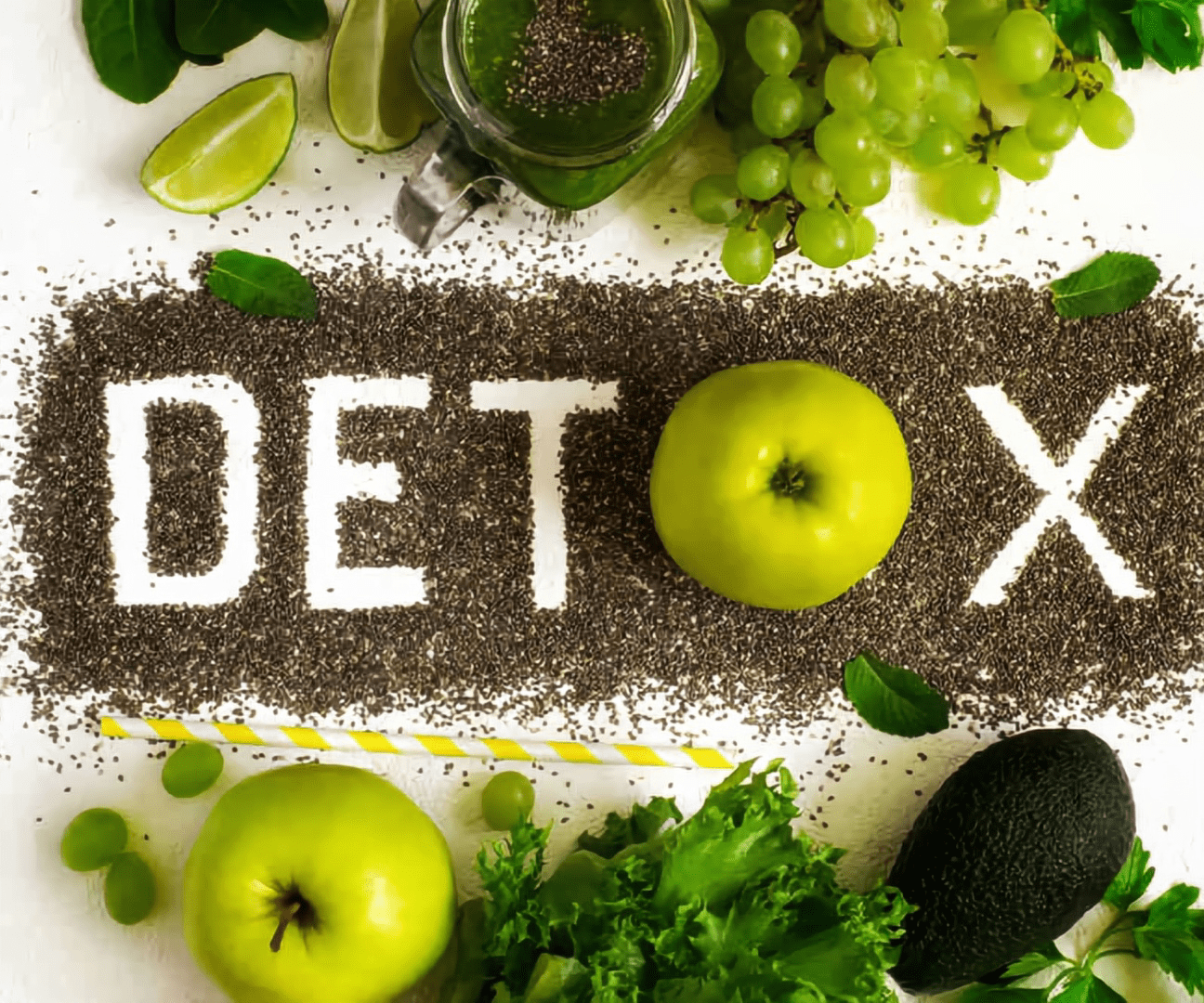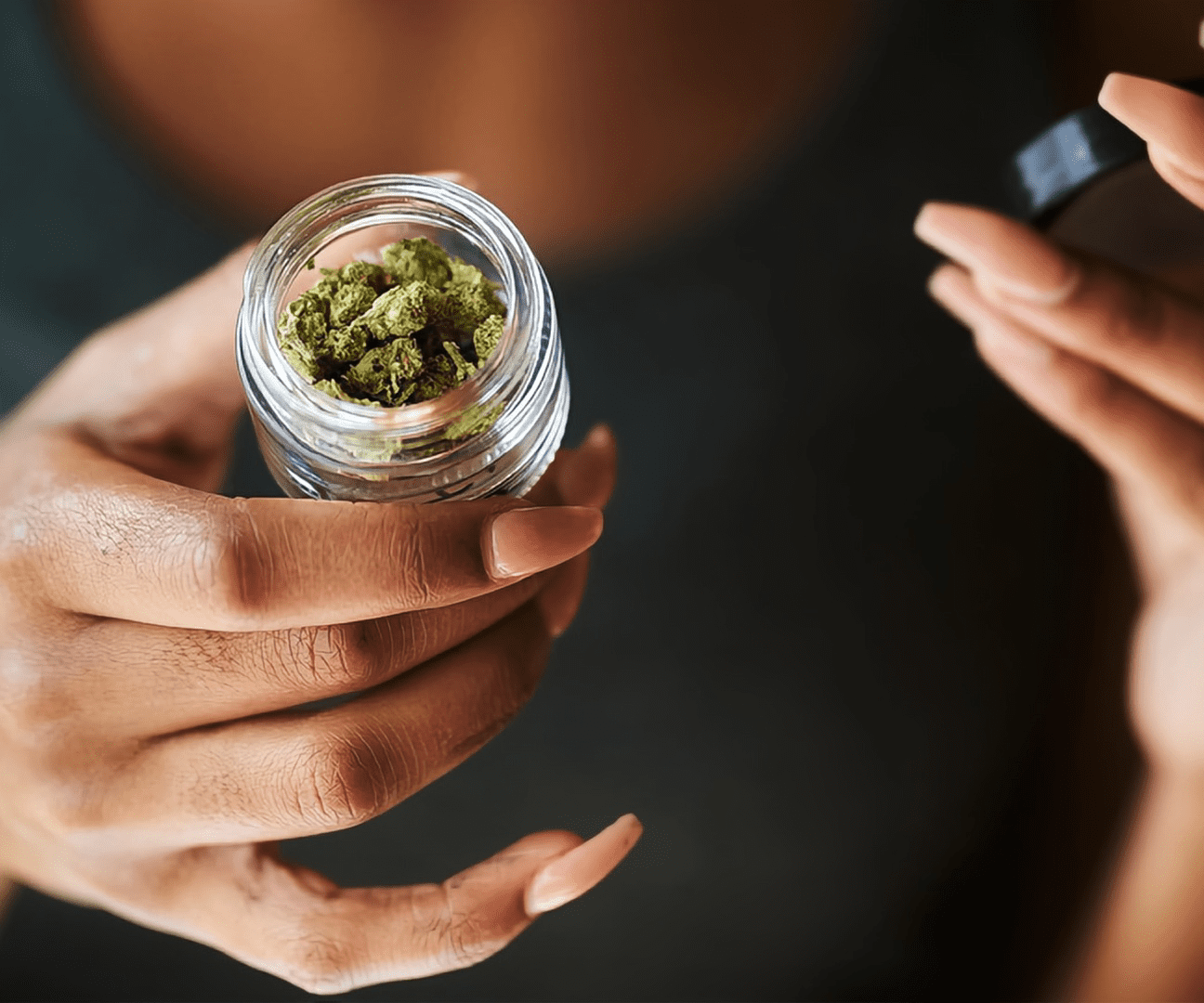A straightforward and efficient guide on detoxifying from marijuana


Introduction Smoking weed, or cannabis, can be a pleasurable experience for many people. However, there may come a time when you need to or want to take a break from it. Detoxing from weed can be tough for many reasons, like wanting to be healthier or for work or personal reasons. But it’s a big step to take. In this guide, we’ll help you through it with easy steps to make it simpler and help you succeed.
When you smoke weed, it has a chemical called THC that makes you feel high by attaching to parts of your brain. If you use weed a lot, your body gets used to THC, and it’s hard to quit without feeling withdrawal symptoms.
Weed detox means getting rid of THC and its byproducts from your body. It helps you stop relying on the drug both physically and mentally. How long and how hard the detox is depends on how often and how much weed you use, and also on your body’s own way of working.
Preparing for Weed Detox
Before you begin the detox process, it’s important to prepare both physically and mentally. Here are a few actions you can do to prepare yourself for success:
- Get help: Have people around you like family, friends, or a counselor who can support you and keep you on track as you go through detox.
- Eliminate Triggers: Identify and remove any triggers or temptations that may lead you to use weed, such as certain environments, activities, or even certain people.
- Create a Routine: Establish a daily routine that includes healthy habits, such as regular exercise, a balanced diet, and stress-management techniques like meditation or yoga.
- Manage Expectations: Understand that the detox process can be challenging and may involve withdrawal symptoms. Stay patient and gentle with yourself as you go through this journey.
Weed Detox Timeline
The timeline for a weed detox can vary depending on several factors, but generally, it follows these stages:
- In the beginning days, you might feel grumpy, have trouble sleeping, feel worried, and not feel like eating much.
- During days four to ten, when you stop something, like a drug or bad habit, that’s when you might feel the worst. You might really want whatever you stopped, feel restless, or your mood might keep changing a lot.
- Between days 11 and 30, when you stop something, like a drug, the bad feelings you get start to go away. You’ll begin to feel better, eat more, and sleep like you used to.
- After quitting weed, even after a month or more, you might still have some symptoms like trouble focusing or feeling emotional for weeks or months.
Strategies for Weed Detox


To help you navigate the weed detox process, here are some effective strategies:
- Stay hydrated by drinking lots of water and eat a variety of healthy foods like fruits, veggies, and whole grains to help your body clean itself.
- Doing exercise regularly can make you feel better when you’re trying to stop doing something, like smoking or drinking. It can also make you feel happier and improve your health.
- To handle stress during detox, try calming activities like meditation, deep breathing, or doing things you love. It helps manage tough feelings.
- Good sleep habits: Make a regular sleep plan and do calming activities before bed to make sure you get enough good sleep while detoxing.
- Stay away from coffee and alcohol: Drinking coffee and alcohol can mess up your sleep, make withdrawal symptoms worse, and get in the way of detoxing.
- Talk to a doctor about using extra pills or drugs to help with things like trouble sleeping or feeling too worried when you stop taking something.
- Taking it Slow: Sometimes, slowly cutting back on weed can work better than suddenly stopping. It might make withdrawal symptoms less intense.
Dealing with Feeling Bad When You Stop Some medicines or habits can make you feel bad when you stop them, but there are ways to make it easier:
- Having trouble sleeping? Try doing calm things like taking deep breaths or relaxing your muscles to help you sleep better. Avoid screens before bedtime and consider supplements like melatonin or chamomile tea.
- Feeling anxious or easily annoyed? Try relaxing stuff like yoga, meditation, or just paying attention to the moment. Also, think about using natural helpers like chamomile tea or L-theanine to feel better.
- If you don’t feel like eating much, try to eat small meals often. Choose foods that have lots of good stuff in them and are easy for your body to break down, like soups, smoothies, or healthy snacks.
- Feeling restless or really wanting something? Try doing some physical stuff like walking fast or doing light exercises. It can help take your mind off things and handle those strong desires.
- Feeling up and down? Try doing things you enjoy, like writing in a journal, listening to relaxing tunes, or going outside to feel better.
Preventing Relapse
Preventing relapse is crucial during the weed detox process. Below are some techniques to assist you in remaining focused:
- Find ways to deal with problems: Discover good ways to handle tough situations, like exercising, calming your mind, or doing things you enjoy. These can help you deal with cravings and feeling stressed.
- Avoid Triggers: Steer clear of situations, people, or environments that may trigger the urge to use weed.
- Seek Support: Maintain a strong support network of family, friends, or a support group to help you stay accountable and motivated.
- Celebrate your achievements: Notice and enjoy the progress you make, even if it’s little, to keep yourself feeling excited and aimed at your goal of quitting weed.
Conclusion
Detoxing from weed can be a challenging but rewarding journey. By understanding the process, preparing yourself mentally and physically, and utilizing effective strategies, you can successfully navigate the weed detox and achieve your goal of becoming weed-free. Remember to be patient, kind to yourself, and seek support when needed. With dedication and perseverance, you can break the cycle of weed dependence and reclaim your health and well-being.
FAQs
How long does it take to detox from weed?
How long it takes to detox from weed can change based on a few things, like how often and how much weed someone uses, and their body. Usually, the first part of detox lasts 1-3 days, the toughest part lasts 4-10 days, and the last part lasts 11-30 day. In some cases, post-acute withdrawal symptoms may persist for several weeks or months.
What are the common withdrawal symptoms from weed?
Common withdrawal symptoms from weed include irritability, insomnia, anxiety, decreased appetite, restlessness, mood swings, and cravings. These symptoms can vary in intensity and duration depending on the individual.
How can I manage withdrawal symptoms during weed detox?
There are many ways to deal with feeling bad when stopping weed, like drinking water, eating good food, exercising, relaxing, sleeping well, and not having coffee or alcohol. Talking to a doctor about using pills or other things might also help with some of the bad feelings.
How can I prevent relapse during weed detox?
Staying away from weed again after quitting involves:
Finding good ways to deal with stress
Staying away from things that might make you want to smoke
Having people around you who can help
Being happy about the progress you make
It’s really important to keep being careful and using the things you’ve learned while quitting.
Is it safe to quit weed cold turkey?
Stopping smoking marijuana suddenly can be hard and might cause worse withdrawal feelings. Sometimes, slowly using less weed over time can work better to make withdrawal feelings less strong and help you detox successfully. Talk to a doctor to find out the best way for you to quit.

